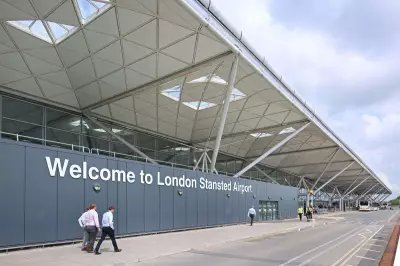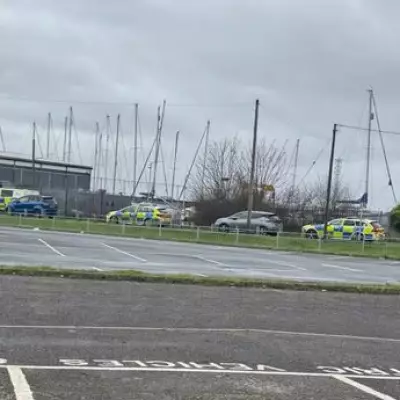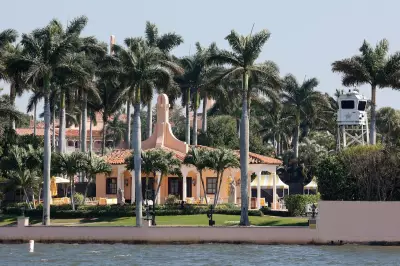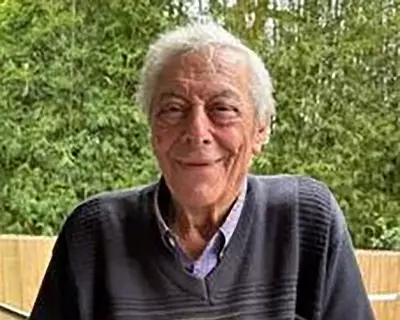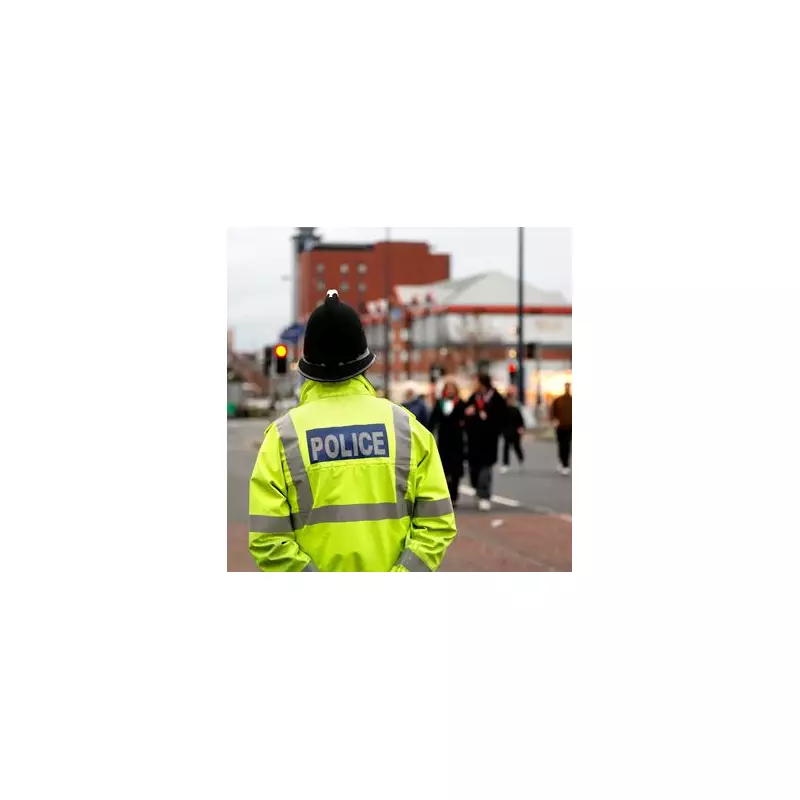
In a significant overhaul of policing tactics, authorities across Britain are implementing sweeping changes to stop and search procedures that grant officers unprecedented powers to detain and search individuals.
What's Changing in Police Powers?
The most controversial aspect of the new framework allows police to conduct searches without the traditional requirement of 'reasonable grounds' for suspicion in designated areas. This represents a major departure from standard policing protocols and has sparked intense debate among lawmakers and civil rights organisations.
The Government's Stance on Crime Prevention
Home Office officials argue that these enhanced powers are essential weapons in the ongoing battle against knife crime and serious violence. Police forces in regions experiencing high levels of street violence will be granted authority to designate specific zones where the relaxed search rules apply for limited periods.
Civil Liberties Concerns Emerge
Civil rights groups have voiced strong opposition to the measures, warning that they could lead to increased discrimination and damage community-police relations. Organisations including Liberty and Amnesty International have raised alarms about the potential for disproportionate targeting of minority communities.
How the New System Will Operate
Under the revised system:
- Senior police officers can authorise designated areas where suspicion-less searches are permitted
- Authorisations are time-limited and subject to regular review
- Officers must believe violence is likely to occur in the designated zone
- Standard reasonable grounds searches continue to operate alongside the new powers
Mixed Reactions from Police and Communities
While some police representatives have welcomed the additional tools to combat knife crime, community leaders express concerns about potential misuse. The effectiveness of similar measures in reducing crime rates remains a point of contention among criminologists and policing experts.
The implementation of these powers marks one of the most significant changes to British policing in recent years, setting the stage for ongoing debates about the balance between public safety and individual freedoms.

